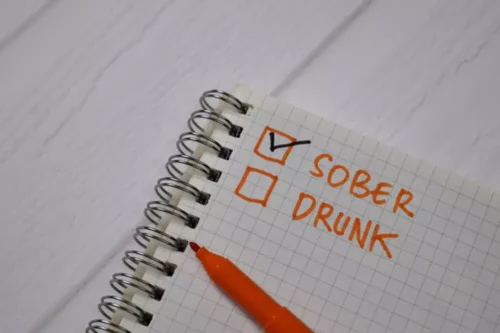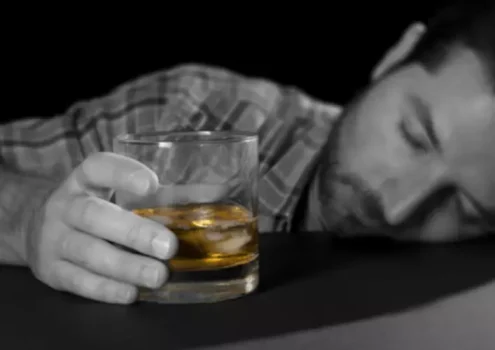
While you must have a master’s degree or higher to work in these roles, most master’s programs do not require a specific undergraduate degree. Cognitive behavioral therapy (CBT) involves challenging the negative and irrational thoughts that lead to dysfunctional behaviors and perpetuate distress. Therapists trained in CBT aim to help clients learn and practice ways of dealing with negative automatic thought patterns in more adaptive ways. CBT has been empirically studied for decades, and there is experimental evidence to support its use in the treatment of anxiety, depression, obsessive-compulsive disorder, eating disorders, and other conditions. A number of specialized forms of CBT target particular conditions (such as CBT-I, for insomnia).

Getting to NIMH

They can refer clients to other relevant healthcare providers or social services. Your doctor may request a physical check-up and labs to rule out conditions with symptoms that mimic mental health disorders. For example, a neurological disorder, thyroid condition, or hormonal imbalance could produce issues similar to those of a mental health problem. Chronic pain and autoimmune diseases can also influence mental health function.

What are the signs and symptoms of PTSD?
- This is why it’s important to make sure you see someone who is specifically trained to treat substance use disorders.
- And while I do believe that such a platform can be extremely beneficial, it remains a grey area.
- Helping people develop new coping skills and ways of thinking is another important part of what substance abuse counselors do.
- And remember, the most important thing isn’t where you begin—it’s that you begin in the first place.
Always talk with your doctor before making any changes to your medication or treatment routine. Drug and alcohol abuse often stems from misguided attempts to manage stress. Stress is an inevitable part of life, so it’s important to have healthy coping skills so you can deal with stress without turning to alcohol or drugs.
Treatment programs for veterans with co-occurring disorders
Cognitive-behavioral therapy (CBT) is a treatment approach that focuses on changing thoughts and behavior patterns. Substance abuse counselors often use CBT techniques to help clients recognize the inaccurate thoughts and feelings that help maintain addiction. They also use CBT to teach new coping skills that help people find new ways to deal with cravings, relapses, and stress. The mental health problems that most commonly co-occur with substance abuse are depression, bipolar disorder, and anxiety disorders.
Family History
The vast range of mental health conditions necessitates a more comprehensive screening. Although the evaluation is not intended to provide an immediate diagnosis, it does help guide the providers in offering you the best advice moving forward. Some people with PTSD, such as those in abusive relationships, may be living through ongoing trauma. In these substance abuse counseling cases, treatment is usually most effective when it addresses both the traumatic situation and the symptoms of PTSD. People who experience traumatic events or who have PTSD also may experience panic disorder, depression, substance use, or suicidal thoughts. Research shows that support from family and friends also can be an important part of recovery.
- Like therapists, licensed independent substance abuse counselors can provide services outside of an agency.
- For example, do you want to steer more towards academia, clinical application, or both?
Some people in these groups, although well meaning, may mistake taking psychiatric medication as another form of addiction. To help you spot the signs of a substance abuse problem, answering the following questions may help. The more “yes” answers you provide, the more likely your drinking or drug use has become a problem. This step is critical, and to get an accurate picture of your mental health, you must be honest. The provider cannot make proper recommendations for you if you keep information from them.
- Post-traumatic stress disorder (PTSD) is a disorder that develops in some people who have experienced a shocking, scary, or dangerous event.
- Cognitive behavioral therapy is used in both mental health and substance use disorder treatment, and in CBT, you don’t have to delve into your past at all.
- Cognitive behavioral therapy (CBT), contingency management, and motivational enhancement therapy are a few types of therapy that may be used.
- Each state board will choose who the exam must be taken through and which exam is required.
- Depending on the state regulations, only psychologists and psychiatrists can perform official psychological testing and diagnoses across the range of psychological disorders.
- The goal of most treatments is to change thoughts and behaviors, and, if needed, manage physical dependence on drugs or alcohol.
- It also covers some of the substances that are more frequently misused as well as the risks of substance misuse.
Treatment Options for Depression & Co-Occurring Addiction

